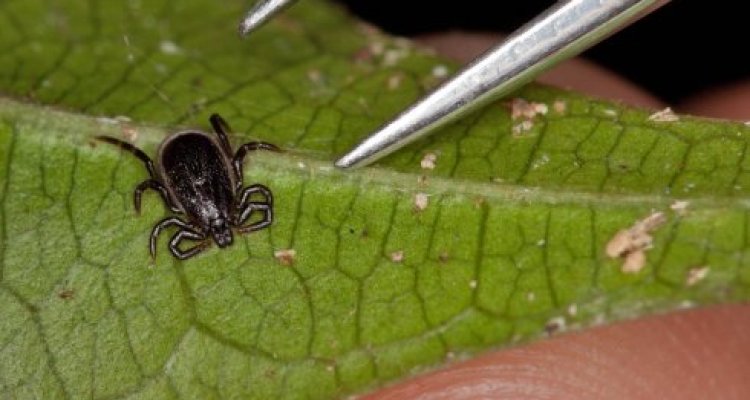
De Vos-Thijssen Vector Borne Diseases Fund
The aim of the ‘De Vos-Thijssen Vector Borne Diseases Fund’ was to gain knowledge about vector borne diseases through research at Wageningen University and Research (WUR).
Since 2015 until 2024 ten research projects have been supported covering various aspects of vector borne diseases. Examples are research on flying patterns of mosquitoes in order to develop more efficient mosquito traps and research on increasing the efficiency of anti-malaria measures by taking community-based actions.
De Vos-Thijssen Fund 2020
On June 1st 2020, a winner was chosen for the call for proposals from Fonds de Vos-Thijssen by the members of the curatorium; Mr. de Vos and Mrs. Thijssen, Sander Koenraad, Fred de Boer and Mart de Jong.
The winning project “Risky nights? Real-time monitoring of mosquito activity in the Netherlands" was submitted by Rody Blom MSc. and Dr. Jeroen Spitzen, both working in the One Health Entomology Group, in the Laboratory of Entomology. The project aims to measure the activity of mosquitoes using the BG Counter. This can be placed on mosquito traps, separating mosquitoes from other insects and at the same time measuring environmental factors such as light, temperature and humidity. Doing this for a year can provide a good picture of the activity of mosquitoes through the seasons. The beauty of this project is that all data goes through the cloud and can provide input for platforms such as mosquito radar and other warning systems. The project is also supplementary to an existing project “One Health-PACT consortium” to which various universities are affiliated. The general public are also asked to report to the mosquito radar so that these data can also be included in the analyzes concerning the activity of mosquitoes. The project will initially take place around Wageningen, so that the traps can be visited daily, but may possibly extend to other parts of the Netherlands. Possibilities for this are being mapped out.
The grant of 15,000 euros is spent, among other things, on the purchase of the measuring instruments, which can also be used again in other projects.

About the fund
The De Vos-Thijssen Vector Borne Diseases Fund supports research related to vector borne diseases. These are diseases which are transmitted by a vector, for instance an insect, from one animal to another or to humans.
Malaria, which is transmitted by so called Anopheles mosquitoes, is the vector borne disease which causes the most deaths worldwide, especially amongst children under five. The disease costs African societies around 12 billion dollars annually due to, for instance, increased healthcare costs and decreased agricultural productivity. Besides malaria, there are many other vector borne diseases, such as bilharzia and dengue fever.
A great deal of research is dedicated to combating the diseases. However, little research is conducted on the vectors themselves. Wageningen University and Research has considerable experience in the area of disease ecology, with a focus on the ecology of vectors and how to control the vectors in the most efficient way. Research supported by the fund can make a significant contribution to preventing the transition of diseases.
Trustees
- Dhr. C.M. (Clemens) de Vos
- Ms. D. (Ditsy) Thijssen
- Prof. dr. ir. M.C.M. (Mart) de Jong - Quantitative Veterinary Epidemiology, Wageningen University
- Dr. C.J.M. (Sander) Koenraadt - Laboratory of Entomology, Wageningen University
- Dr. W.F. (Fred) de Boer - Resource Ecology Group, Wageningen University